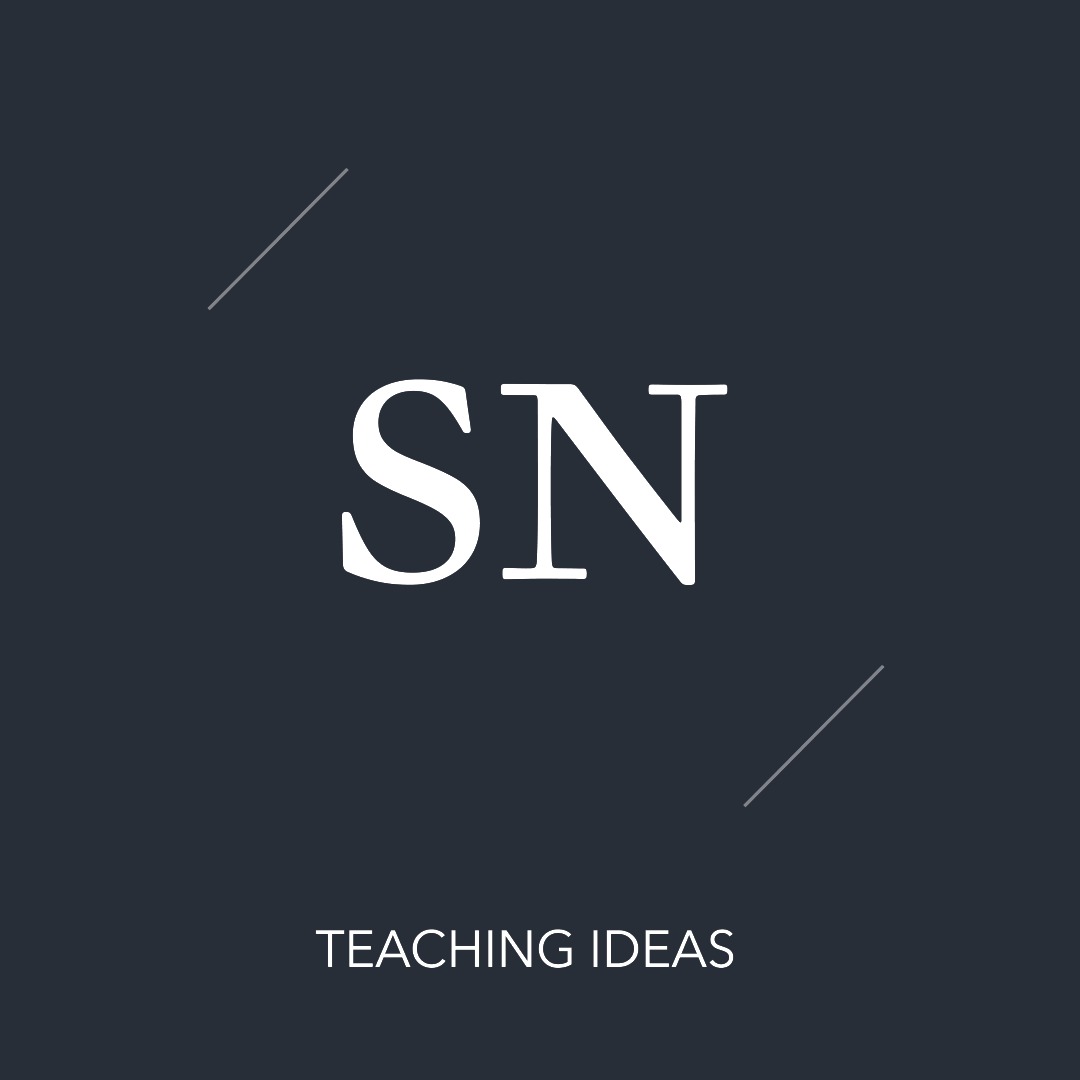This article highlights the urgent issue of a considerable percentage of students experiencing failure or obtaining below-average grades in O’Levels examinations. This article points out the prevalent concerns regarding the high failure rate with the aim to clarify whether the shortcomings can be attributed to the students themselves or to the deficiencies within the educational system. In an era marked by widespread access to information facilitated by technological progress, there is growing scrutiny surrounding the traditional O’Levels evaluation framework due to its perceived limitations in accurately assessing contemporary educational paradigms. The argument expands to support a significant change toward an evaluation framework that corresponds with current educational principles, highlighting problem-solving, critical thinking, and creativity as fundamental skills. The extension of the 4Cs framework by the United States to include the 7Cs, discussing its applicability as a suitable model for addressing the changing educational environment of the 21st century. The article concludes by examining whether the current O’Levels system effectively assesses the various components outlined in the 7Cs framework.
The current increase in the percentage of students who are not successful in their O’Levels examinations or attaining grades below the desired level has generated significant apprehension among various stakeholders. In an era characterised by unparalleled access to information facilitated by technological advancements, there is a need to critically evaluate the conventional O’Levels assessment mechanism in terms of its applicability in assessing the skills required for success in the modern world.
The Disparity between Traditional Assessment and Modern Learning Needs: An Academic Perspective. The introduction of technology has significantly transformed the educational landscape, enabling students to access a vast amount of information without being limited by geographical boundaries. Nevertheless, the existing assessment methodology for O’Levels exhibits shortcomings in effectively assessing the proficiency of crucial skills required in the contemporary digital age, including critical thinking, creative problem-solving, and adaptability. Therefore, it is strongly recommended that a prompt change in perspective be pursued in order to synchronise assessment methodologies with the requirements of education in the 21st century.
The necessity of a contemporary assessment framework requires a thorough reassessment of pedagogical objectives and the desired outcomes of learning. The 7Cs framework, which builds upon the 4Cs model, is proposed as a feasible blueprint. The 7Cs consist of critical thinking, creativity, collaboration, communication, information and media literacy, computing and ICT literacy, cross-cultural understanding, and career and learning self-reliance. The framework presented here encompasses a comprehensive range of skills that are essential for individuals to thrive in an ever-changing global context.
Evaluating the O’Levels System through the lens of the 7Cs Framework: Significantly, although certain elements may exhibit resonance, a thorough assessment reveals a notable lack of alignment. The O’Levels system places a significant emphasis on the memorization and reproduction of information, thereby overlooking the development of critical thinking, creativity, and other aspects encompassed within the 7Cs. The existing incongruity between the O’Levels assessment and the requirements of the 7Cs framework highlights the urgent need for substantial educational reform. There is a strong argument in favour of incorporating modern assessment techniques that comprehensively assess the diverse range of skills and abilities possessed by students. The incorporation of problem-solving, critical thinking, and creativity as evaluative dimensions within the O’Levels system is a crucial measure in preparing students with skills that are in line with the requirements of the 21st century.
In conclusion, the increasing apprehension surrounding the inadequate academic achievement of students in O’Levels examinations calls for a comprehensive reassessment of the current assessment framework. The current educational environment, which is defined by the widespread use of technology and the necessity for adaptable skills, necessitates a reevaluation of traditional assessment methods. The 7Cs framework provides a comprehensive structure for implementing reform efforts, with a particular focus on fostering critical thinking, creativity, and other fundamental skills. As educational systems around the world adjust to the changing environment, it becomes clear that there is a pressing need for significant changes in assessment methods. These changes are necessary to adequately equip students for the various challenges and opportunities that they will encounter in the 21st century.
